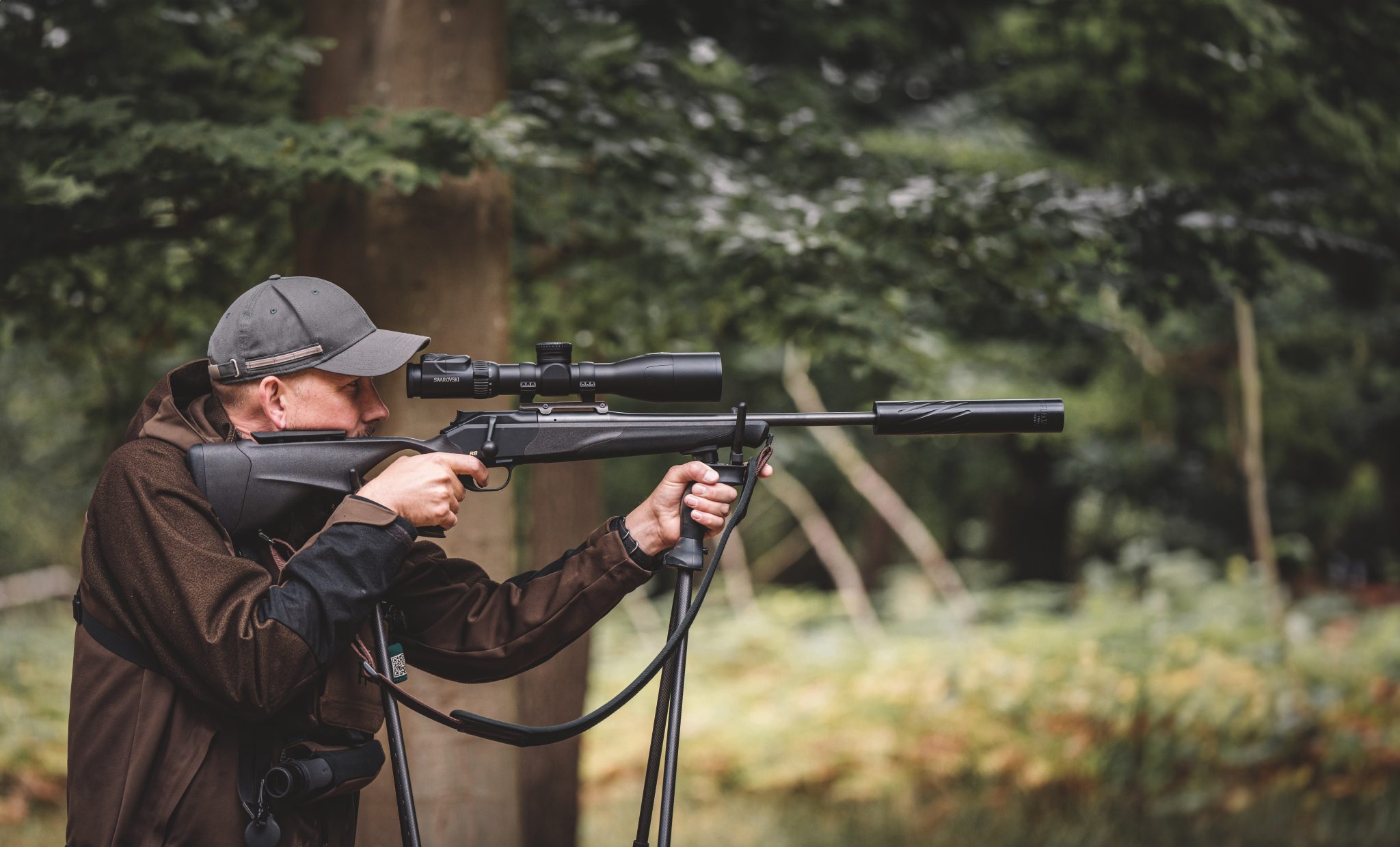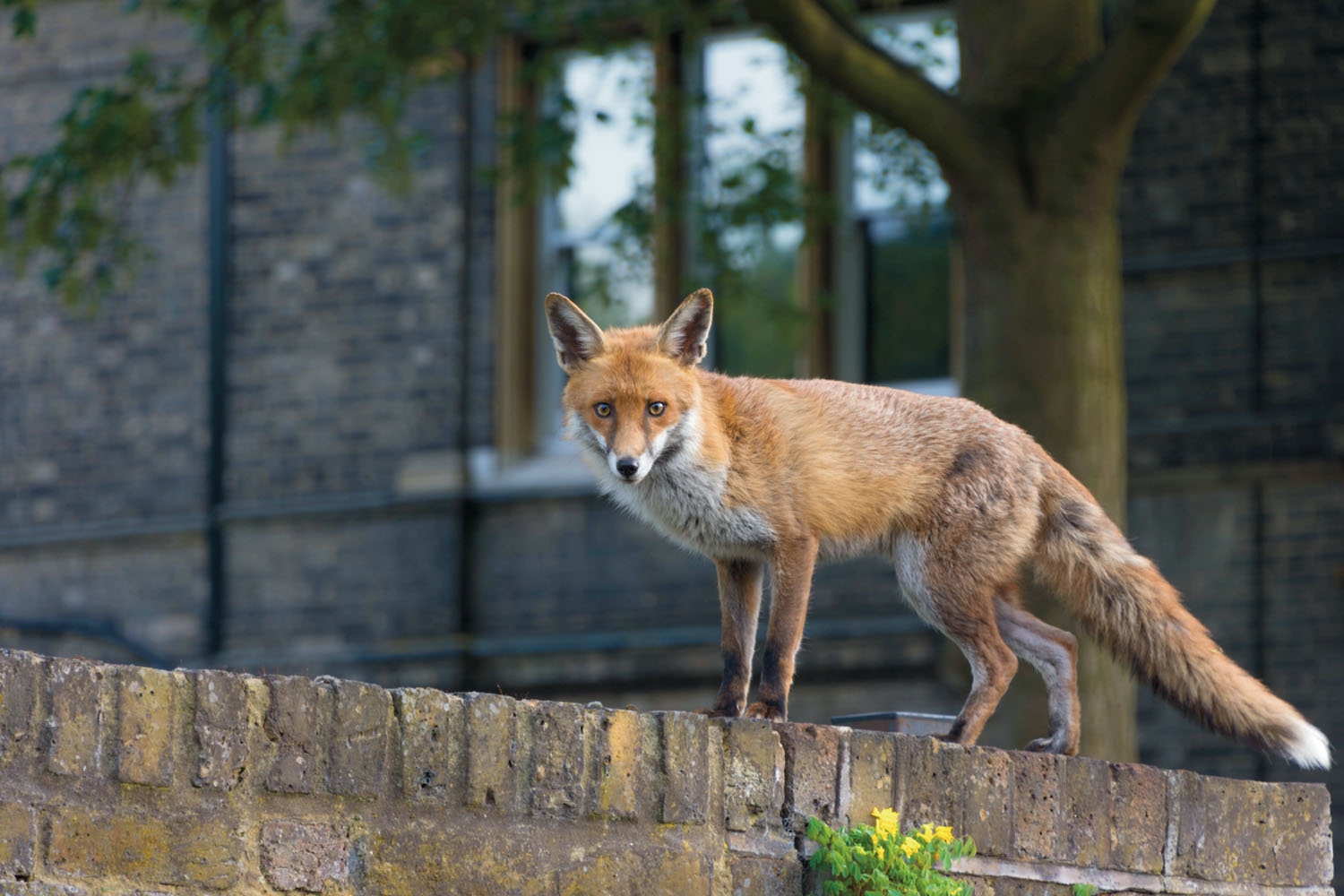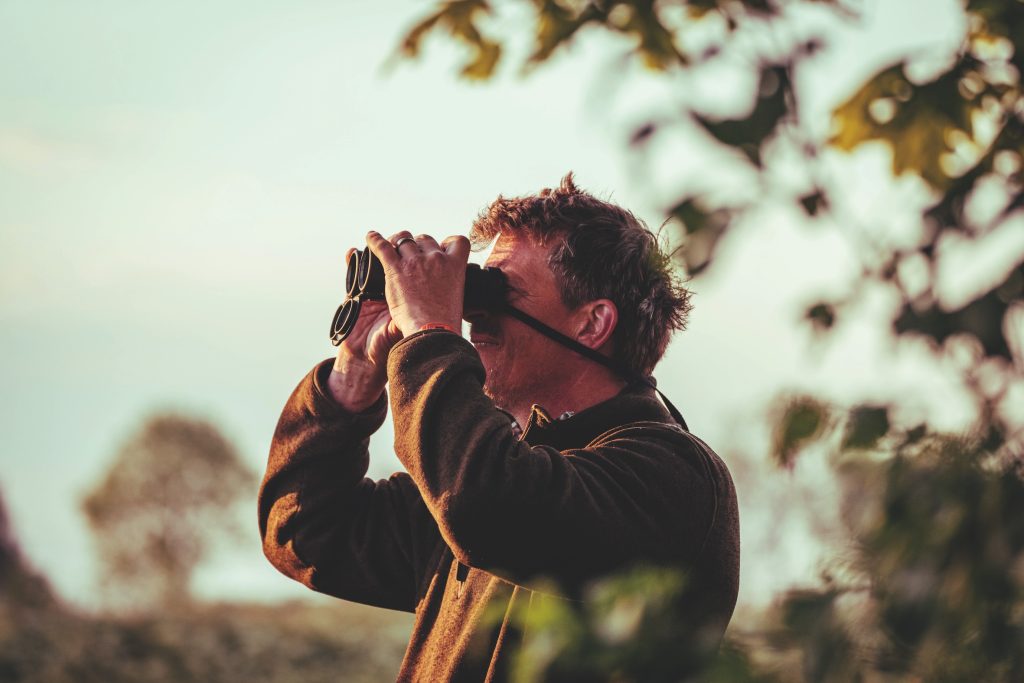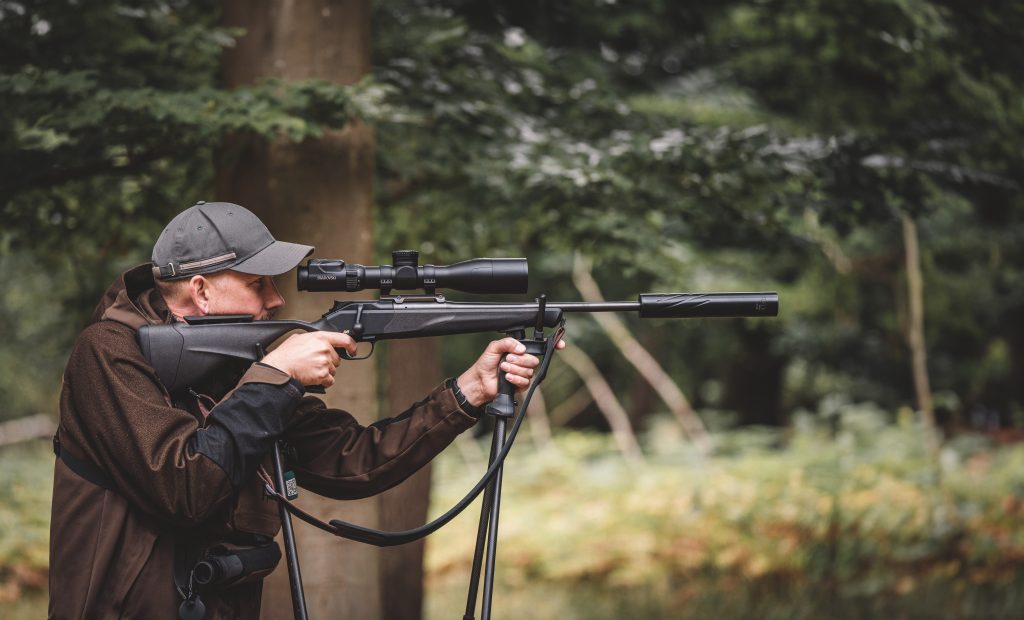★ Win a Schöffel Country shooting coat for everyone in your syndicate worth up to £6,000! Enter here ★
Defra’s burning ban risks England’s uplands as wildfire threat grows
Wildfire does not wait for paperwork to be processed, and Defra’s ban is adding fuel to the fire - quite literally
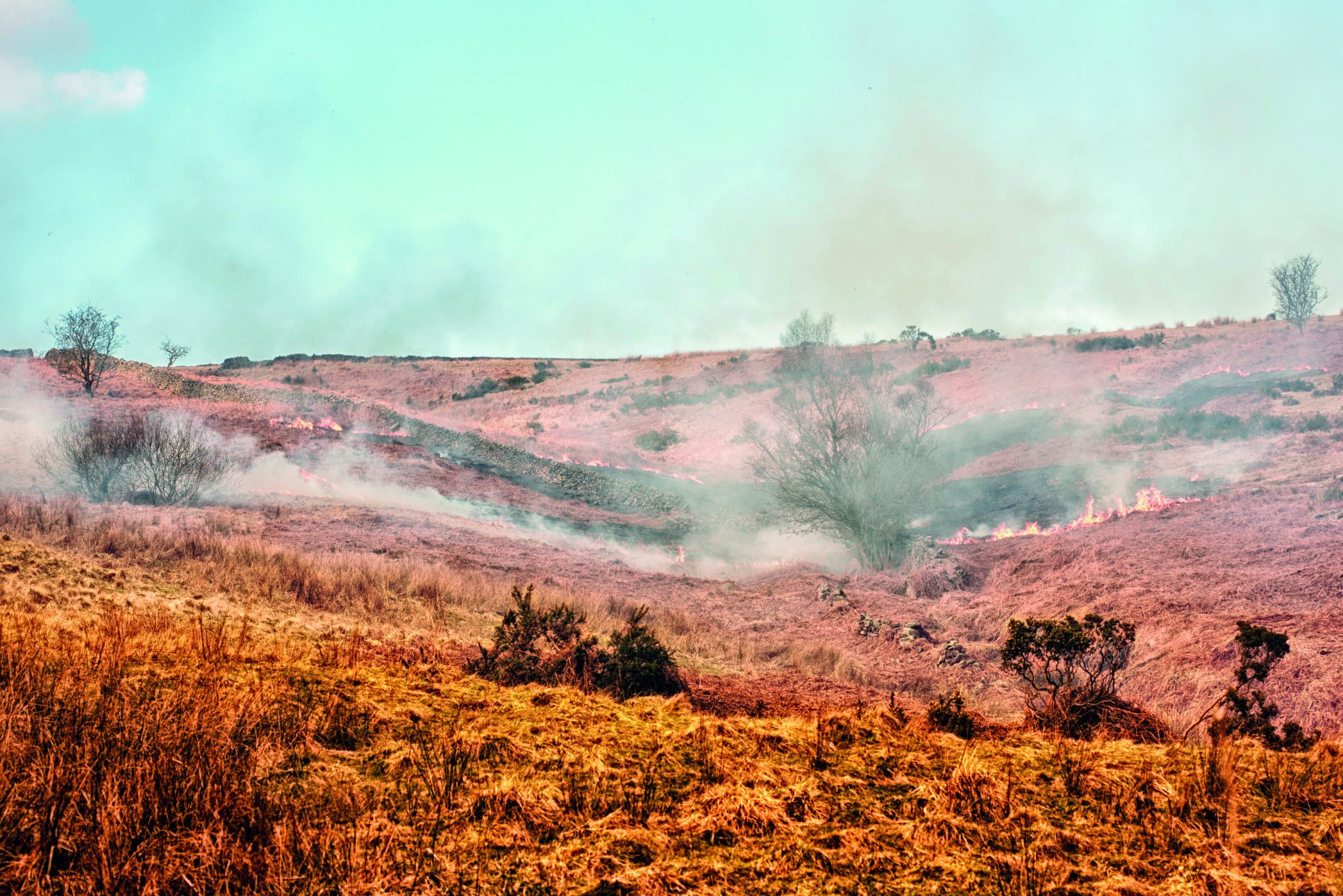
The Government’s decision to extend a ban on controlled burning across England’s uplands is ill-conceived and dangerously contradictory.
In a year already marked as the worst on record for wildfires, restricting one of the most effective land management tools risks devastating consequences for the very peatlands these regulations claim to protect.
Why does controlled burning matter?
For centuries, controlled burning has been a cornerstone of upland management. It improves grazing for livestock, supports diverse wildlife, maintains grouse moors and reduces the risk of catastrophic fires.
This is not an archaic tradition clung to out of habit. It is a modern, regulated, scientifically backed tool used by trained professionals.
Yet Defra’s announcement disrupts this balance. The ban, which currently applies to 222,000 hectares of deep peat, will now cover more than 676,000 hectares. The definition of “deep peat” has also been changed, from 40cm to 30cm.
On the surface, this appears to be a step forward for environmental protection. However, the reality is stark: as restrictions tighten, the risk of large-scale wildfires only increases.
Controlled burning does not set peat alight. Instead, it removes old, dry vegetation – the fuel load that can turn a small spark into a devastating blaze.
This year saw nearly 1,000 wildfires across the UK. These were not caused by managed burns, but by unmanaged land where vegetation was left to build up, creating tinder-dry conditions.
Defra claims that a refined licensing system will allow burning in “exceptional circumstances”.
But what constitutes exceptional? And who decides?
By shifting power from experienced land managers to layers of bureaucracy, this policy risks paralysing effective wildfire prevention.
Controlled burning vs wildfires
Controlled burns are carried out in cool, damp conditions. They are quick, low-temperature, and precisely targeted. The flames skim across the surface, encouraging fresh heather growth, improving biodiversity and leaving the peat and root systems unharmed.
Wildfires, by contrast, are uncontrolled and destructive. They incinerate habitats, devastate wildlife and release vast amounts of carbon into the atmosphere. They destroy exactly what land managers work tirelessly to protect.
The BASC responded strongly to Defra’s consultation earlier this year. The organisation highlighted the benefits of controlled burning and urged that any regulation be guided by scientific evidence, not ideology.
Sadly, this advice has been ignored. As a result, upland communities and the ecosystems they manage will face greater risk.
A sophisticated land management toolbox
Controlled burning is only one tool in a broader management strategy. Other vital techniques include grazing, cutting, and hydrological management.
The most effective results come when these methods are used together, with flexibility to adapt to local conditions. By removing burning from this toolbox, the Government is tying the hands of those who know the land best.
As climate change brings hotter summers and drier springs, proactive management becomes even more urgent.
It is deeply concerning that policymakers appear to be moving in the opposite direction. If ministers are serious about protecting peatlands and rural communities, they must work with land managers, not against them.
Instead of adding bans and red tape, Defra should be empowering those on the ground to keep uplands safe, sustainable and resilient in a changing climate.
Until then, we face the prospect of more record-breaking temperatures, more wildfires, and more scorched landscapes that could have been protected by controlled burning.
Have your say
Do you agree with Alex Farrell?
Let us know by emailing shootingtimes@twsgroup.com.
“Wildfire does not wait for paperwork to be processed, and Defra’s ban is adding fuel to the fire – quite literally.”
– Alex Farrell
Related Articles
Get the latest news delivered direct to your door
Subscribe to Shooting Times & Country
Discover the ultimate companion for field sports enthusiasts with Shooting Times & Country Magazine, the UK’s leading weekly publication that has been at the forefront of shooting culture since 1882. Subscribers gain access to expert tips, comprehensive gear reviews, seasonal advice and a vibrant community of like-minded shooters.
Save on shop price when you subscribe with weekly issues featuring in-depth articles on gundog training, exclusive member offers and access to the digital back issue library. A Shooting Times & Country subscription is more than a magazine, don’t just read about the countryside; immerse yourself in its most authoritative and engaging publication.




